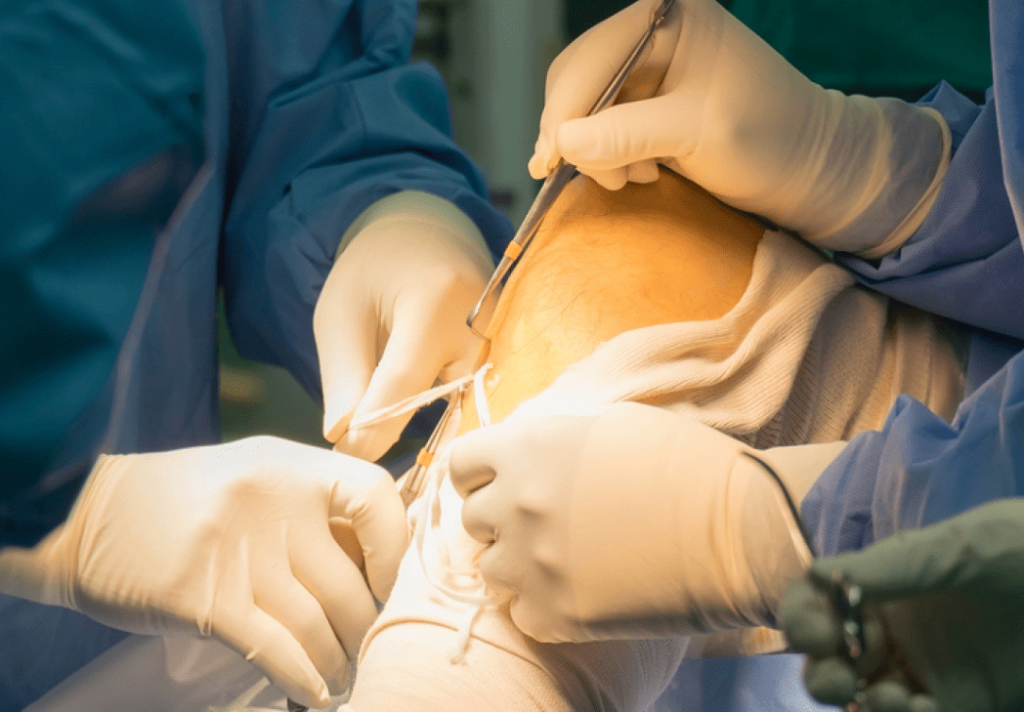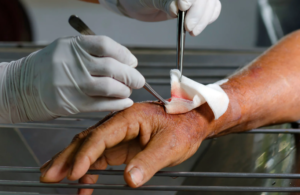Knee replacement surgery is a life-changing procedure that can restore mobility, reduce chronic pain, and improve overall quality of life. Many patients now opt for knee replacement surgery abroad due to its cost efficiency, faster scheduling, and access to world-class surgeons. For those seeking the best care, the Hips and Knees Joint Restoration and Replacement Center has earned a reputation for delivering exceptional results, ensuring patients receive expert treatment and a smooth recovery experience.
Why Choose Knee Replacement Surgery Abroad
One of the main reasons patients choose knee replacement surgery abroad is the significant cost savings. Medical tourism destinations often offer the same high-quality surgical procedures as in developed countries, but at a fraction of the price. This makes advanced orthopedic care accessible to more people without compromising safety or outcomes.
Beyond affordability, patients can benefit from shorter waiting times compared to their home country. Many overseas medical facilities also feature cutting-edge equipment, advanced surgical techniques, and internationally trained orthopedic surgeons. Choosing a reputable provider such as the Hips and Knees Joint Restoration and Replacement Center ensures you receive care that meets or exceeds international medical standards.
Another advantage is the opportunity to recover in a comfortable or scenic environment, which can enhance the healing process. Some destinations even combine post-surgery rehabilitation with wellness retreats, offering both physical and emotional benefits.
Preparing for Knee Replacement Surgery Overseas
Preparation plays a crucial role in ensuring a safe and successful knee replacement surgery abroad. The first step is selecting the right hospital or orthopedic specialist. It is essential to check credentials, board certifications, and the surgeon’s experience with knee replacements. Patient reviews and testimonials can provide valuable insight into the quality of care.
The Hips and Knees Joint Restoration and Replacement Center offers transparent information on its team’s qualifications, surgical techniques, and patient success rates. They also guide patients through the entire process, from initial consultation to post-operative care, ensuring nothing is overlooked.
When planning, patients should understand the full cost breakdown. This typically includes the surgery itself, pre-operative tests, hospital stay, medications, physical therapy, accommodation, and travel expenses. Having a detailed cost estimate prevents unexpected charges and helps with budgeting.
The Step-by-Step Process: What Happens Before, During, and After Surgery
Pre-Surgery Stage
Before traveling, patients usually have an online consultation with their surgeon to discuss their condition, medical history, and expectations. Diagnostic tests such as X-rays, MRI scans, and blood work may be required. Once cleared for surgery, travel and accommodation arrangements are finalized.
During the Surgery
Knee replacement surgery abroad typically takes between one and two hours, depending on the complexity. Patients are placed under general or spinal anesthesia, and the damaged parts of the knee joint are replaced with artificial components. Skilled orthopedic teams, such as those at the Hips and Knees Joint Restoration and Replacement Center, use minimally invasive techniques whenever possible to reduce recovery time and scarring.
Post-Surgery Recovery Abroad
Following surgery, patients usually stay in the hospital for a few days to monitor progress and manage pain. Physical therapy begins almost immediately to restore movement and strength. After discharge, follow-up check-ups are scheduled to ensure the joint is healing properly before the patient returns home.
Risks and Considerations When Having Knee Replacement Surgery Abroad
Like any medical procedure, knee replacement surgery abroad carries certain risks. These include infection, blood clots, or complications related to anesthesia. Choosing a reputable facility significantly reduces these risks, as proper sterilization, advanced techniques, and post-operative monitoring are prioritized.
Other considerations include potential language barriers, travel limitations after surgery, and ensuring your insurance covers international medical treatment. The Hips and Knees Joint Restoration and Replacement Center addresses these concerns by offering multilingual staff, comprehensive patient support, and assistance with travel and insurance documentation.
Tips for a Safe and Successful Knee Surgery Experience Abroad
- Select an internationally accredited hospital or clinic with a strong track record.
- Bring a trusted companion for emotional and physical support during recovery.
- Allow sufficient recovery time abroad before flying home to avoid complications.
- Arrange for ongoing physical therapy once you return to your home country.
- Follow all pre- and post-surgery instructions carefully to ensure long-term success.
Packages at the Hips and Knees Joint Restoration and Replacement Center often include surgery, hospitalization, physiotherapy, accommodation, and airport transfers, providing excellent value and peace of mind.
Takeaway
Knee replacement surgery abroad offers an affordable, efficient, and high-quality alternative to local procedures. With the right preparation and the right provider, patients can achieve outstanding results and a smoother recovery. The Hips and Knees Joint Restoration and Replacement Center stands out as a trusted choice, offering expert care, personalized support, and world-class facilities for anyone considering this life-enhancing surgery.
Frequently Asked Questions (FAQ)
1. How long should I stay abroad after knee replacement surgery?
Most patients stay abroad for at least two to three weeks after surgery to ensure proper healing and initial physiotherapy before traveling home.
2. Is it safe to travel after knee surgery?
It is generally safe to travel once your surgeon confirms that swelling has reduced and mobility has improved. Avoid long flights too soon after surgery to minimize the risk of blood clots.
3. Can I claim insurance for surgery done abroad?
This depends on your insurance provider. Some policies cover overseas treatment, especially when costs are lower than in your home country. It’s important to confirm coverage before booking.
4. What questions should I ask my overseas surgeon?
Ask about their experience, the type of implants used, recovery timelines, potential risks, and the follow-up care provided once you return home.






